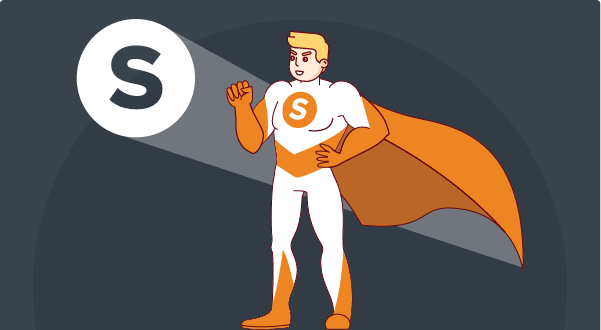Wil Schroter

Long after our startup is done, no matter what the outcome, our Founder reputations will live on.
And for many of us, that could actually present a real problem.
Unlike our resumes, which present essentially one dimension of our lives (our job performance), our Founder Reputation is built on how our performance affects so many people — employees, investors, customers, the media, and even our personal relationships.
Founder Reputations are Easy to Tarnish
From the get-go, we have two huge obstacles working against creating a great reputation.
First, we're about to build an organization that will likely (statistically) fail. It's sort of hard to build a winning reputation on the back of a potential failure that could result in the loss of jobs, the breaking of a ton of contracts (sorry, landlord), and losing money for so many people (sorry investors).
Second, we're building into the unknown. We're going to hire people we've never worked with (unproven at this startup), building a product that's never existed, with a company that we just invented. All of these variables will lead to their own failures, which in the end, lead to sore feelings about the idiot who made them happen (that would be us).
There are so many things working against maintaining a strong reputation as a Founder that it's almost disheartening. Yet it's also the most valuable currency we will ever develop.
Founder Reputations are our Ultimate Currency
A strong resume may get someone a job, but once they have that job, it doesn't really factor in much more. A strong Founder reputation, on the other hand, gets put to the test daily.
Our Founder reputation is what gets us meetings with investors, customers, and most certainly great employee candidates.
It's the meeting that happens before we ever get a meeting (without us being present).
Building a strong (positive) Founder reputation is like a virtually bottomless debit card that we can use for the rest of our lives. Building a shitty reputation is like having a bankruptcy on our credit report and trying to buy a house. It can be done, but it's a total nightmare.
Our Reputations are Forged at the Extremes
It would be great to say that our Founder reputations are built by just being good people every day, and there's some truth to that. But the reality is, our Founder reputations are often built most profoundly by the best and worst situations we are a part of.
Think of the reputation of Adam Neumann at WeWork before and after that debacle. Prior to the IPO he was considered a genius. Afterward, he was considered a huckster. By the way — he was the same person, in the same year — the only thing that changed was his reputation.
How we handle firing someone affects our reputation. How we treat investors in a down round affects our reputation. How we spread the credit when we absolutely knock it out of the park affects our reputation. Every single day our stock price that is reputation is adjusted.
Think Past this Moment — Think Reputation
Early in my career, I didn't understand how important my Founder reputation would be. I would make harsh decisions because at that moment it seemed like the right move. Later on, I would learn that each of those poor decisions (even if well-intended) would forever change my ability to operate in the future and how people interacted with me before they even knew me.
It works the other way too. I've had countless opportunities afforded to me — key introductions, special treatment with vendors, and preferential press, not because of who I am today, but because of what my long-term Founder reputation afforded me.
We need to think not only how our decisions will affect our Founder reputation today, but how they will be each of the bricks we will need to use to build the reputation we want to live by for the rest of our lives.
Find this article helpful?
This is just a small sample! Register to unlock our in-depth courses, hundreds of video courses, and a library of playbooks and articles to grow your startup fast. Let us Let us show you!
Submission confirms agreement to our Terms of Service and Privacy Policy.
Already a member? Login
No comments yet.
Start a Membership to join the discussion.
Already a member? Login
